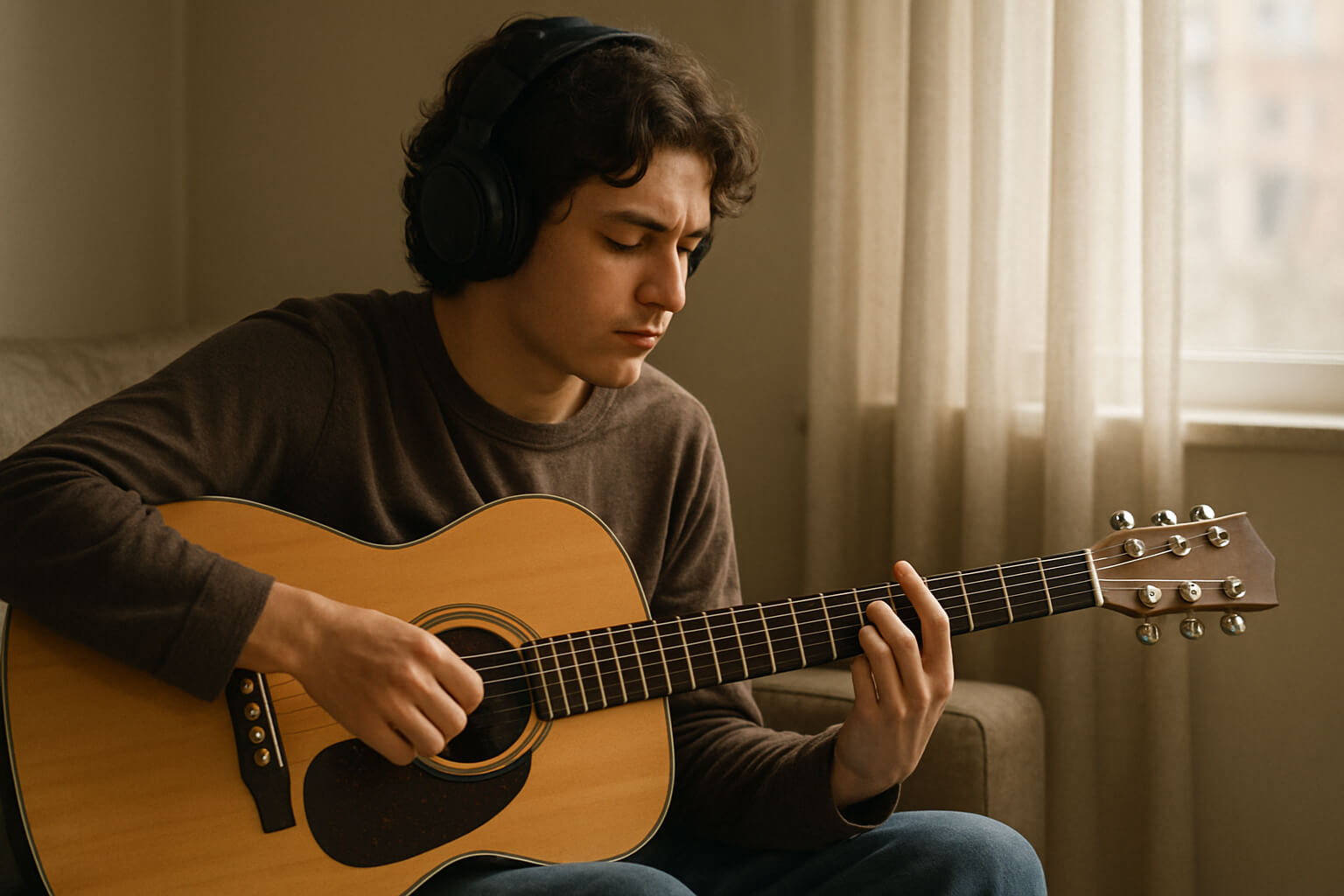August 06, 2025

Many aspiring musicians wonder: Is music theory required to play by ear? The short answer is: not strictly—but it makes the journey significantly smoother.
While some players develop strong ears without studying formal theory, understanding even basic concepts like scales, intervals, and chord structures can dramatically improve your ability to identify and reproduce music. In this guide, we break down how theory supports ear training and when (and if) you should bring it into your learning path.
Playing by ear refers to the ability to reproduce or improvise music based on what you hear, without relying on written notation. A musician with this skill can:
While this may sound like an innate talent, it’s actually a trainable skill, often developed through repetition, critical listening, and experimentation.
Strictly speaking, no—many musicians have learned to play entirely by ear. But here’s what music theory offers:
Example: Knowing the I–IV–V progression makes it easier to recognize common pop and blues structures. Instead of trial-and-error, your brain knows what to expect.
That said, theory isn’t a gatekeeper. Many skilled musicians have reached high levels by relying on intuition and ear training alone—especially in folk, gospel, jazz, or world music traditions.
If you’re starting from scratch and want a more intuitive approach, you can absolutely begin developing your ear without diving deep into theory books.
As your playing improves, you’ll likely encounter situations where theory fills in the blanks:
In these cases, understanding key signatures, modes, scales, or common progressions will help you unlock more advanced material quickly—and explain the “why” behind what you’re hearing.
Recommended Read: Understanding Chord Progressions: A Deeper Dive for Songwriters
Here are some reliable free or low-cost resources to build your ear—whether or not you use theory terms:
You don’t have to study music theory to play by ear—but doing so gives you a structured foundation, helps you communicate musically, and reduces guesswork. That said, your ear can still develop through dedicated listening, playing, singing, and imitation.
The most successful musicians often blend both approaches: intuitive playing and theoretical understanding. Together, they give you the freedom to express, improvise, and create with confidence.
Stay up to date with the latest tips, expert insights, product reviews, and step-by-step guides to help you grow, create, and succeed—no matter your industry or passion.